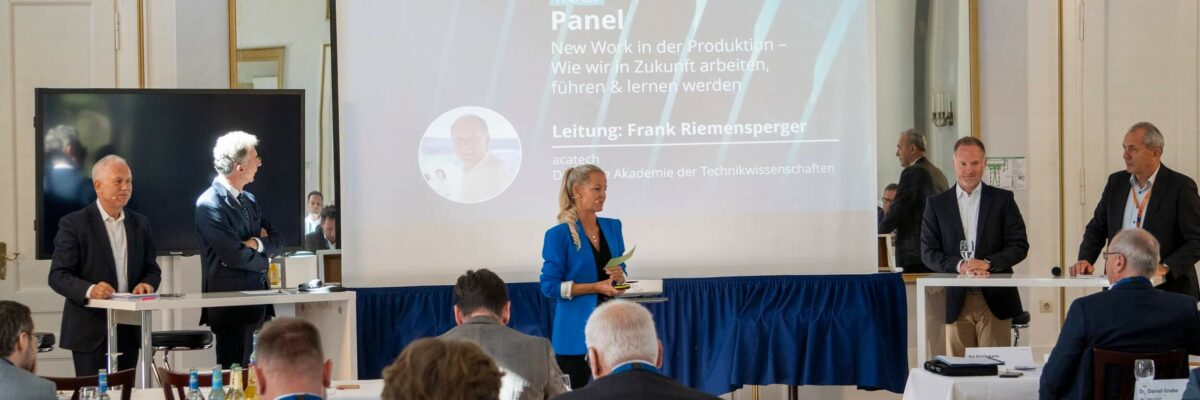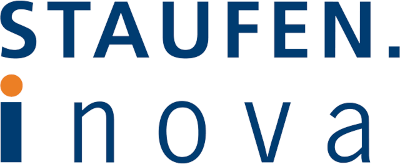
At the end of September, Staufen AG’s C-Day offered around 50 decision-makers from the industry a newly created information and communication platform. The Executive Conference in Bad Teinach, Germany, focused on one of the most pressing questions of our time: How will we produce in the future?

Keynote presentations from high-profile speakers highlighted how, for example, geopolitical factors, carbon neutrality, and artificial intelligence will transform both manufacturing and global supply chains by the end of the decade, and how these factors are already impacting how we work, lead, and learn.
If you wanted to describe the mood in the executive suites of German companies, ” gloomy” would probably be the right word at the moment. High costs and inflation are a burden on companies. In addition, production must be made fit for the future in order to keep pace with international competition. “This event is a reflection of our times, which are characterized by the challenges we have had to face in recent years and still have to face,” said Staufen CEO Wilhelm Goschy in welcoming the participants. Although it is time for many companies to rethink, “the necessary change in companies and in society is progressing more slowly than we would like.” This can be clearly seen in digitalization, says Goschy. Often the courage to make big changes is still lacking. But “There is opportunity in change, in newness.”
Focus on new markets
This was also emphasized by Ambassador Christoph Heusgen, who opened the day with his presentation. “Germany has a chance to get out of the hole it is in because the country still has a good reputation worldwide,” said the chairman of the Munich Security Conference. But with Russia’s invasion of Ukraine, a turning point has occurred that shatters old certainties. There is no sign of a quick end to the war in Ukraine, so business with Russia will not be possible for a long time. China, he said, has also undergone critical development over the years and has become a different country under President Xi Jinping. Heusgen advised companies to open up new markets, for example in other Asian countries, in Latin America or in Africa.
“A company without a sustainability strategy has no strategy”

The polycrisis, the stress of transformation, and the fear of relegation have ensured that Germany today is “lost in transformation,” according to Horst von Buttlar, Editor-in-Chief of WirtschaftsWoche. With carbon neutrality, the economy is getting a new operating system, and the years leading up to 2030 will be particularly challenging, he said: “For the first time, the economy has to move toward more and less at the same time,” because the goal is growth on the one hand, and emission reduction on the other. “It’s like parking and unparking at the same time.” The years leading up to 2030 are therefore a key decade, von Buttlar said, because there are many climate tipping points. “Decisions must be made by then, or it will be too late. Successful companies have been doing this for the last five years and have created a robust roadmap,” he said, adding that the problems can be solved and the key inventions have been made. Now it’s about scaling, ramping up, efficiency, and installation. To get the new operating system up and running, companies need the right strategy. “A company without a sustainability strategy has no strategy.”
“AI is only as good as the data”
Joachim Franz, Automotive Industry Lead at Microsoft Germany, emphasized that digitalization has ushered in a new era in the industry. “We are in the midst of a perfect storm, and at the same time we see that the digital transformation of German companies has already gained momentum. Not only in administrative areas, but also in production.” He said companies are building digital twins, optimizing data from production, creating efficiencies through simulation, and leveraging the potential of technology and data. “This is not a flash in the pan. There has been a long history of investment, including in areas such as supply chain. Artificial intelligence will impact all functions of the value chain in the future. “The use cases Microsoft is implementing with customers show that the efficiency and effectiveness gains are drastic. Depending on the application, it can be between 30 and 40 percent,” says Franz, adding that predictive maintenance is a natural fit for manufacturing. However, Franz also made it clear that “AI is only as good as the data it’s based on.” So the first step is having the right data strategy.
Increasing productivity through artificial intelligence
The afternoon session introduced by Frank Krause, Head of Qualification & Research at Staufen, with results from the Staufen study “Future Industry”, was dedicated to the three drivers of future viability: Performance & Productivity, Global Value Chains & Sustainability, and Leadership & Culture.
“When we talk about AI, we have to talk about digitalization, because you can’t have one without the other. First comes digitalization, then it’s worth talking about artificial intelligence,” said Prof. Dr. Marco Huber of the Fraunhofer Institute for Manufacturing Engineering and Automation IPA.
Huber said many companies expect AI to boost productivity in the future. AI is a catch-all term for a variety of technologies, including machine learning, pattern and data learning, artificial neural networks, and learning from networked models. “When people talk about AI today, they primarily mean machine learning.”
Numerous projects have shown that AI works when
- all stakeholders are involved,
- you start with pilot projects and then scale up,
- data availability and quality is guaranteed,
- IT systems are stable,
- the company also thinks “outside the box”,
- before and after comparisons are performed,
- AI competence is developed and
- the potential of AI projects is regularly reassessed.
“AI – just try it!”
Dr. Ralf Belusa, Chief Digital Officer of Hapag-Lloyd AG, gave attendees an insight into how AI is already being used in his company, for example in searching for solutions: “We have seen a drastic reduction in the use of search engines because people no longer search on websites, but simply ask an AI and get a summary.” The company is also using AI instead of translation agencies for sales and marketing translations. “Technology, people and markets are converging.” Belusa’s tip for using new technologies and modern management frameworks: “Just try it, what’s the harm?”

Leading change through education
How can you actively shape the transformation in the company and involve the employees in the process? Christina Schulte-Kutsch, Senior Vice President Talent & Organization at ZF Group, answered these questions. “Everything we’re experiencing right now is doable. The only question is how,” says the HR expert. In Germany, 800,000 jobs in the automotive sector alone will be affected by so-called job shifts. The solution to this challenge, according to Schulte-Kutsch, is continuing education in the form of upskilling, reskilling, and new-skilling. According to one study, the greatest need is for upskilling, followed by reskilling. ZF has therefore launched the largest qualification project in its history: The ZF Academy will prepare around 30,000 employees for e-mobility. Digitalization and sustainability are other topics the company is working on, he said. “Many employees are ready for change, many are really eager to see things move,” said Schulte-Kutsch.
VISIT TO FACTORY 56
In between and after the keynote presentations, attendees had the opportunity to discuss topics with each other and with the experts in a variety of breakout sessions. The next day, there was an exclusive tour of Mercedes-Benz Factory 56, which is setting new standards in automotive manufacturing and embodying the future of manufacturing beyond its own industry.
Conclusion: Despite the current gloom, Staufen AG’s C-Day 2023 showed that there are numerous opportunities and solutions to get the German economy back on track.
You might also be interested in

ZF Friedrichshafen
Automotive supplier ZF is one of the world’s leading technology groups in the fields of driveline and chassis technology as well as active and passive safety technology. Around 153,000 employees are spread across more than 260 sites in 42 countries.
Read more


